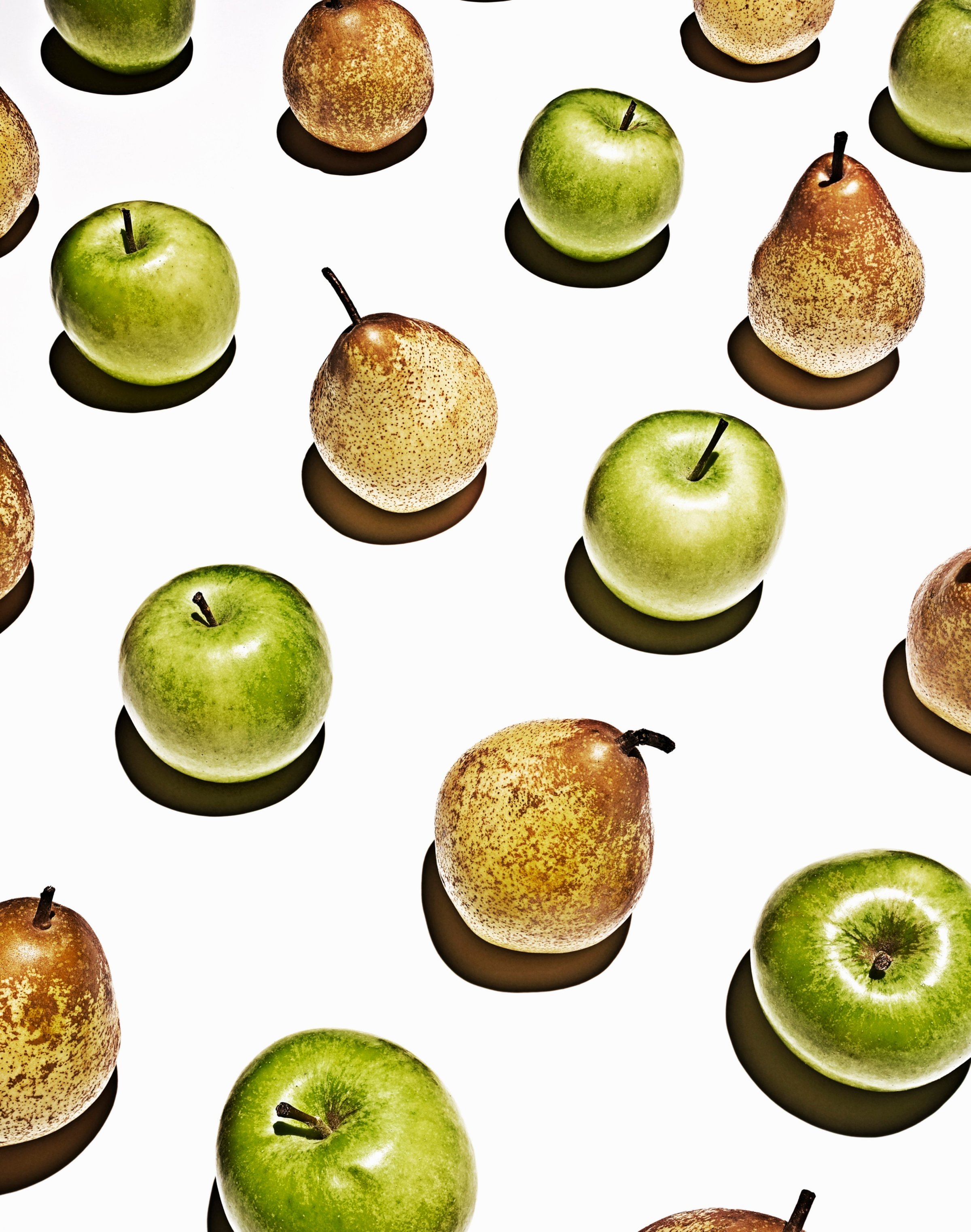
As a longtime advocate for health and wellness, my geographic area of focus has always been here in the United States. While serving as spokesperson for a U.S. infant mortality awareness initiative for the Department of Health and Human Services Office of Minority Health, I discovered we have an uncomfortably high infant mortality rate in our country.
Infant mortality is a significant marker of the health of a nation and of communities. When we launched the campaign in 2007, the U.S. ranked 28th among other industrialized nations, trailing countries like Hungary and Finland. As the world’s major superpower, we should be number one when it comes to having healthy birth outcomes for all of our children. What I quickly came to realize, though, was that when we speak of infant health, we’re really speaking about a mothers’ health and specifically about her health during the course of her life—even before she thinks about pregnancy.
As part of the campaign, I spent five years traveling the country and learning about individual women’s behaviors. I encouraged them to eat well, exercise, go to the doctor and manage their stress—all factors that relate to healthy birth outcomes. And while I always intended to continue my efforts, I became acutely aware that we need systemic structures that allow women and men access to quality health care, healthy foods and safe spaces to exercise.
Read more: 6 Things That Determine How Long You’ll Live
Thanks to the campaign, I’ve had the chance to visit many different communities. I’ve visited places like Michigan, Florida and California—and many locales in between. What became very clear was that, while many communities were dealing with similar infant-mortality statistics, they each had their own unique issues.
A pregnant woman in one town might not be able to make it to her doctor’s appointment because the bus she relies on doesn’t show up, while a woman who wants to start jogging in another town may not feel comfortable jogging or walking around the block because of the violence and crime that plague her neighborhood. And the people of Flint, Michigan—what are they supposed to do when, through no fault of their own, they’re poisoned by what they thought was their clean water supply?
Read more: Doing These 4 Things Will Make You Happier, According to Neuroscience
As a young woman explained to me some years ago, in her small town in Tennessee, a fast-food restaurant refused to serve grilled chicken because they said the community would not eat it. Now, I won’t debate the question of whether grilled fast food is healthier than fried fast food. But if the choice doesn’t even exist, you can’t access it.
When we believe in our communities and in ourselves, we can make a difference…like the folks I’ve met along the way who bought an old ice cream truck to travel to a farmer’s market and bring fresh fruits and vegetables to a community that had no real grocery store. Or the former president of Trader Joe’s, Doug Rauch, who started a nonprofit grocery store in Boston to provide good food to an underserved community.
Read more: 3 Weight-Loss Myths You Have to Unlearn If You Want to Actually Lose Weight
Recently, I had the opportunity to visit residents in Florida. They shared stories of the various obstacles in their communities, issues of education, safety, transportation and housing. Each of the locales I visited is sandwiched between extremely wealthy communities—ones that have luxury exercise studios, farm-to-table restaurants and world-class healthcare—and poor communities where people live in dire poverty, which inevitably leads to them suffering from health issues.
There’s a real need that cannot be met simply by telling people to eat better and exercise. We need to hold our communities, elected officials and entrepreneurs accountable. It’s “all hands on deck” time. We need everyone to be engaged in thinking about how to deliver opportunities for all people to access and maintain a lifestyle of health and wellness. America’s greatest resource is its people—and that includes every single person, regardless of gender, race or socioeconomic status. Our future depends on making sure our citizens are as strong, healthy and vibrant as possible.
Producer and writer Tonya Lewis Lee has been an activist for the health and wellness of women since 2007. Her passion for inspiring women to discover their best health journeys led her to create the online magazine HealthyYouNow.com.
More Must-Reads From TIME
- The 100 Most Influential People of 2024
- The Revolution of Yulia Navalnaya
- 6 Compliments That Land Every Time
- What's the Deal With the Bitcoin Halving?
- If You're Dating Right Now , You're Brave: Column
- The AI That Could Heal a Divided Internet
- Fallout Is a Brilliant Model for the Future of Video Game Adaptations
- Want Weekly Recs on What to Watch, Read, and More? Sign Up for Worth Your Time
Contact us at letters@time.com